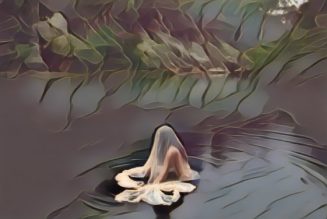Solitary Paganism is a spiritual path that is often misunderstood and misrepresented. It is a form of Paganism that does not involve group rituals or the worship of a specific deity. Instead, it is a personal and individualistic practice that focuses on the connection between the practitioner and the natural world.
Solitary Pagans are often drawn to this path because they feel a deep connection to nature and the cycles of the seasons. They may also be seeking a spiritual path that allows them to explore their own beliefs and practices without the constraints of a group or coven. Many Solitary Pagans find that this path allows them to create a deep and meaningful spiritual practice that is uniquely their own.
The Basics
Solitary Paganism is a spiritual path that involves practicing Paganism alone, without the guidance of a group or coven. It is a personal practice that allows individuals to connect with their spirituality in their own way. Here are some basics to keep in mind when practicing Solitary Paganism:
Setting up a Sacred Space
One of the first steps in practicing Solitary Paganism is setting up a sacred space. This can be a room, a corner of a room, or even a small altar. It is a space where the practitioner can connect with their spirituality and perform rituals and spells. The space should be cleansed and consecrated before use.
Honouring the Elements
Honouring the elements is an important part of Paganism. The elements are Earth, Air, Fire, Water, and Spirit. Practitioners honour the elements in various ways, such as lighting a candle for Fire or placing a bowl of water for Water. It is important to research and understand the meaning and symbolism behind each element.
Celebrating the Wheel of the Year
The Wheel of the Year is a series of eight Pagan holidays that celebrate the changing of the seasons. Each holiday has its own traditions and rituals. Practitioners of Solitary Paganism can celebrate these holidays alone or with others. It is important to research and understand the meaning and symbolism behind each holiday.
Meditation and Divination
Meditation and divination are important practices in Solitary Paganism. Meditation can help practitioners connect with their spirituality and find inner peace. Divination, such as tarot or runes, can help practitioners gain insight and guidance. It is important to research and understand the different methods of meditation and divination.
In summary, Solitary Paganism is a personal practice that allows individuals to connect with their spirituality in their own way. Practitioners set up a sacred space, honor the elements, celebrate the Wheel of the Year, and practice meditation and divination.








